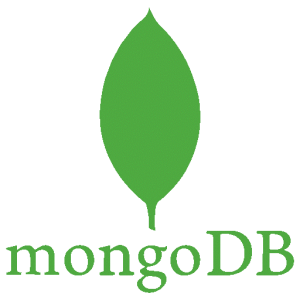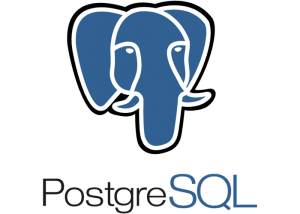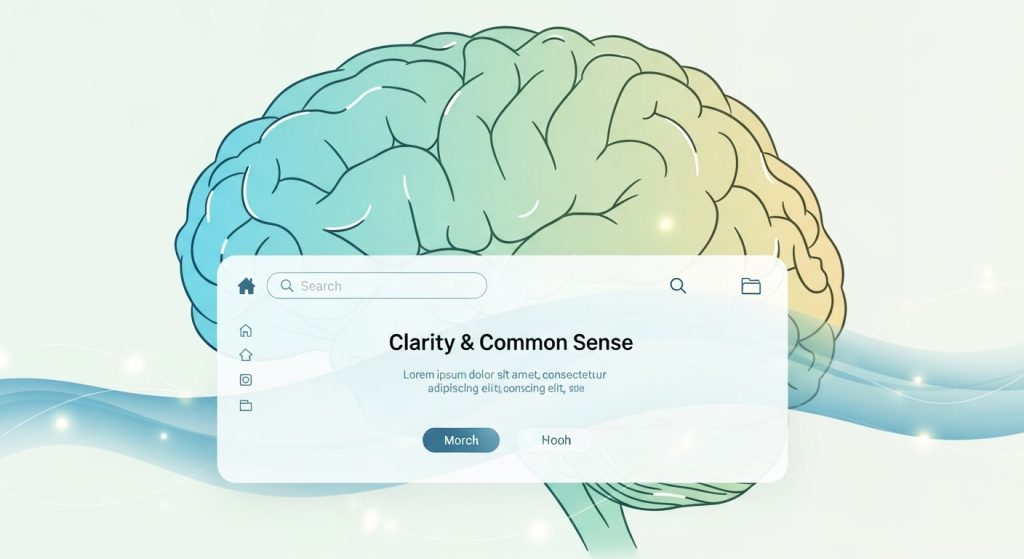MongoDB vs. PostgreSQL can be a tough choice to make specially in the world of web development, picking the right database is like choosing the perfect travel companion for your app’s journey. MongoDB vs. PostgreSQL are two popular options, each with its own unique charm and strengths. Let’s embark on a fun comparison to help you decide which one suits your app’s needs best!
MongoDB: The Flexible Explorer

Overview: MongoDB is your go-to buddy if you love flexibility and adaptability. It’s a NoSQL database that stores data in JSON-like documents, perfect for apps where data structures can change frequently.
Strengths of MongoDB over PostgreSQL:
- Flexible Schema: Imagine packing your suitcase without worrying about a strict checklist. MongoDB lets you store data of all shapes and sizes in the same collection, which is great for apps that evolve over time in MongoDB vs. PostgreSQL.
- Scalability: As your app grows, MongoDB scales horizontally by spreading data across multiple servers effortlessly (think of it as expanding your travel group).
- Performance: It zooms through data reads and writes, making it awesome for apps that need quick access to information, like real-time analytics or content management systems.
Best Adventures with MongoDB vs. PostgreSQL:
- Content Management: Manage diverse content types with ease.
- Real-Time Analytics: Instant insights into your app’s performance.
- IoT and Mobile Apps: Handling data from various devices seamlessly.
Disadvantages of MongoDB
- Schema Flexibility Challenges:
- MongoDB’s flexible schema can lead to difficulties in maintaining data consistency and structure.
- Transaction Support Limitations:
- Historically lacked full ACID compliance, although recent updates have improved this.
- Memory Usage and Performance:
- MongoDB can use more memory compared to relational databases, affecting scalability in memory-constrained environments.
- Community and Ecosystem Maturity:
- While MongoDB has a strong community, it may not be as mature or well-supported as traditional relational databases.
PostgreSQL: The Relational Maestro

Overview: If your app values stability and reliability, PostgreSQL is the seasoned traveler you can rely on. It’s a powerful relational database known for its rock-solid structure and SQL prowess in MongoDB vs. PostgreSQL.
Strengths of PostgreSQL over MongoDB:
- ACID Compliance: It’s like having a strict travel itinerary – PostgreSQL ensures your data transactions are atomic, consistent, isolated, and durable (ACID), perfect for sensitive applications.
- Advanced SQL Magic: PostgreSQL speaks fluent SQL, handling complex queries, joins, and triggers effortlessly.
- Data Integrity: It’s the guardian of your data’s accuracy, with robust validation and constraints to keep things in order.
Best Adventures with PostgreSQL over MongoDB:
- E-commerce: Manage transactions and inventory like a pro.
- Financial Apps: Securely handle financial transactions and compliance.
- Data Warehousing: Analyze vast datasets with ease for business insights.
Disadvantages of PostgreSQL
- Complex Scaling Challenges:
- Scaling horizontally across multiple servers can be complex due to PostgreSQL’s strong consistency model.
- SQL Complexity and Learning Curve:
- Advanced SQL capabilities may require more training and expertise, particularly for developers new to relational databases.
- Performance in Write-Intensive Scenarios:
- PostgreSQL may face performance challenges in high-write environments compared to NoSQL databases.
- Setup and Maintenance Overhead:
- Managing backups, tuning performance, and ensuring high availability can be more complex compared to some NoSQL alternatives.
Choosing Your Database (MongoDB vs. PostgreSQL)
When deciding between MongoDB vs. PostgreSQL, here are some fun checkpoints to consider:
- Data Flexibility: MongoDB is like a backpacker, ready to adapt to changing landscapes. PostgreSQL is the meticulous planner, ensuring everything stays organized and consistent.
- Scaling Up: MongoDB loves to grow horizontally, expanding its travel group effortlessly. PostgreSQL focuses on vertical scaling, ensuring strong performance and data integrity.
- Query Speed: MongoDB zooms through quick data reads and writes, ideal for apps needing speedy access. PostgreSQL excels in complex queries and detailed data analysis.
- Team Compatibility: Consider your team’s database skills. MongoDB suits teams familiar with JSON and flexible data models. PostgreSQL is great if your team prefers structured SQL environments.
Where Will Your App Go Next? PostgreSQL vs. MongoDB
Choosing between MongoDB vs. PostgreSQL is like planning your app’s next big adventure. MongoDB offers flexibility and rapid growth potential, perfect for dynamic apps. On the other hand, PostgreSQL provides robustness and reliability, ideal for applications that demand strict data control and complex analytics.
By aligning your app’s needs with the strengths of each database, you can embark on a database adventure that supports your app’s growth, performance, and long-term success. Happy travels in the world of databases!
This comparison not only helps you choose wisely but also ensures your app enjoys a smooth journey ahead, optimized for performance and ready to conquer new horizons in web development.
For more insights, check out MongoDB Documentation and PostgreSQL Overview. If you want to see more related blog, Gurkha Blogs has more fun and informative ones.
📚 For more insights, check out our comprehensive web development resource.


